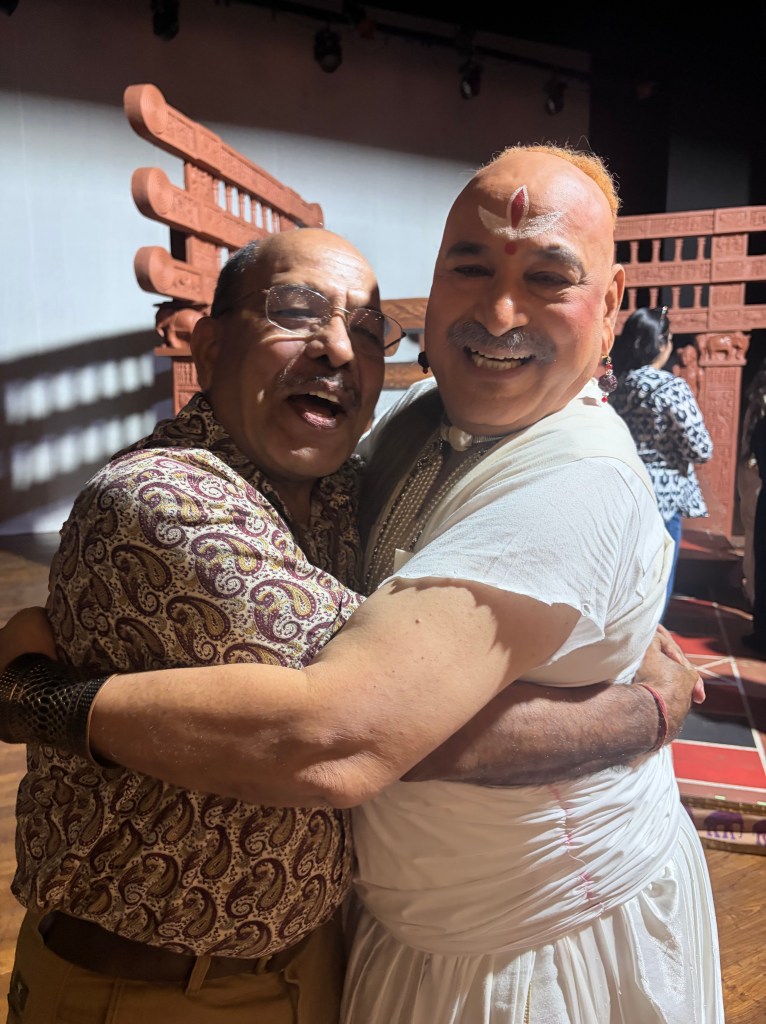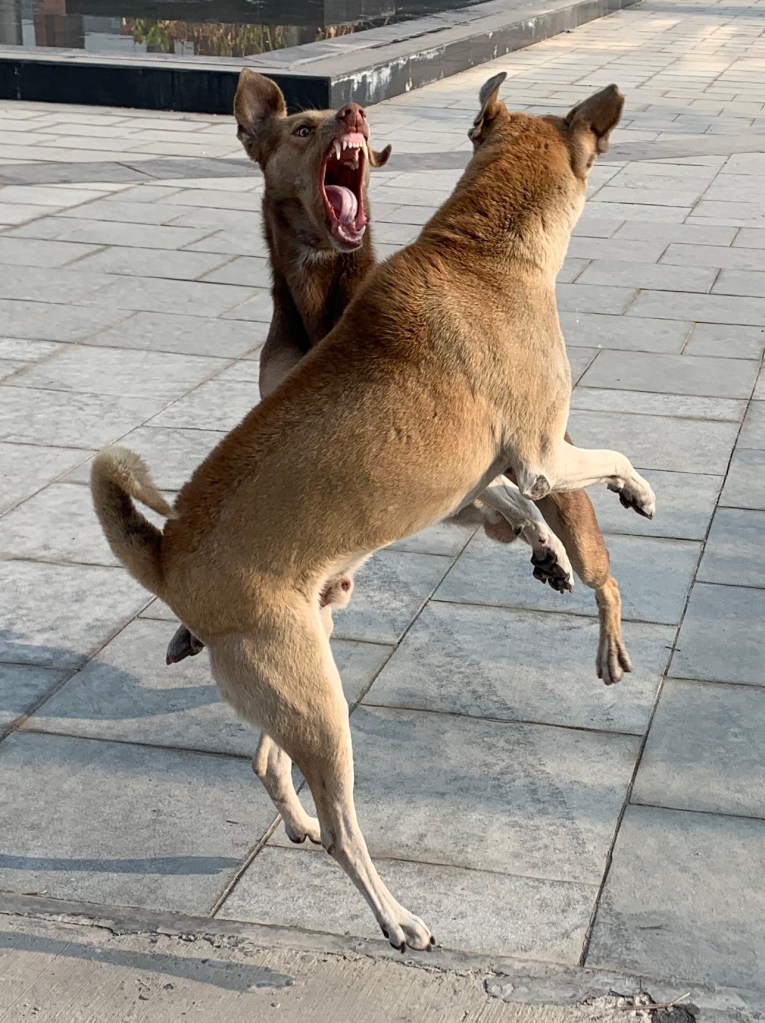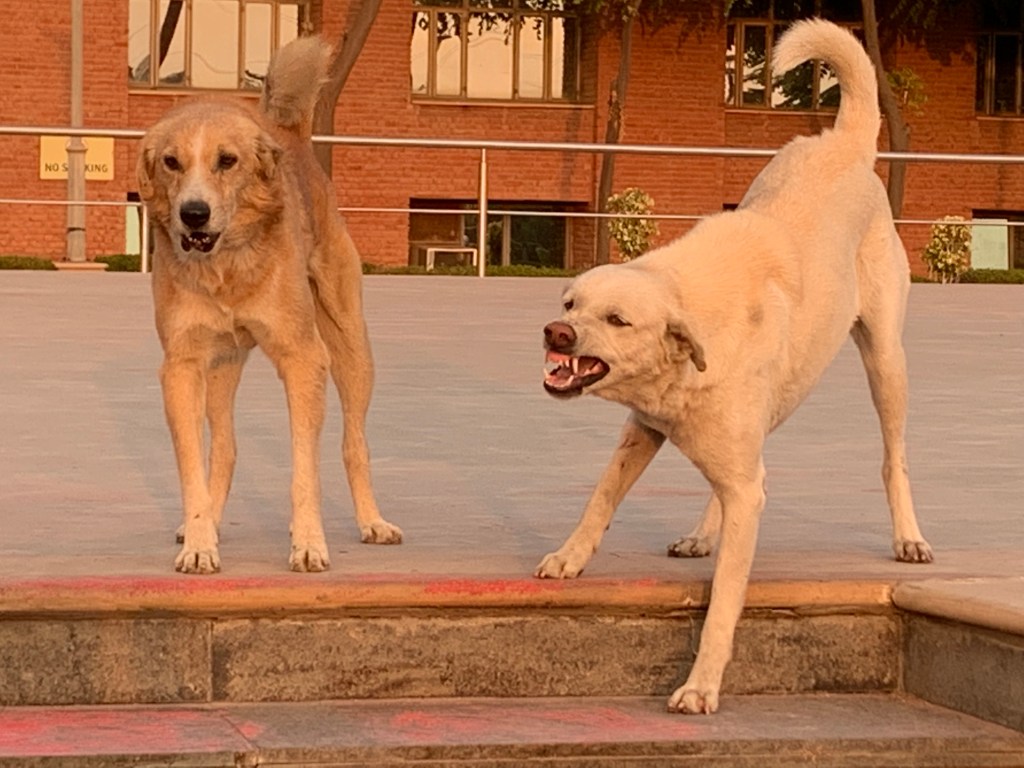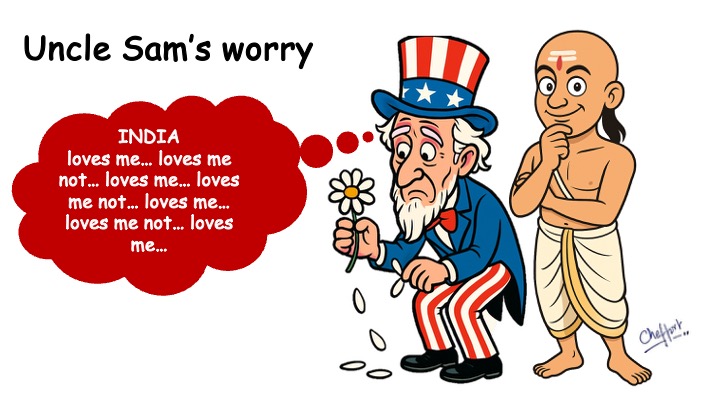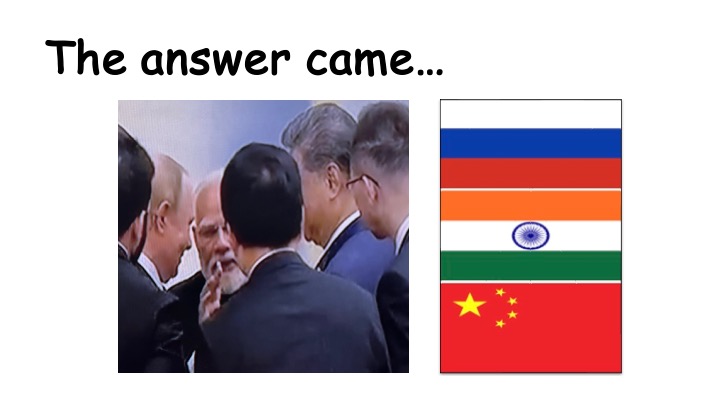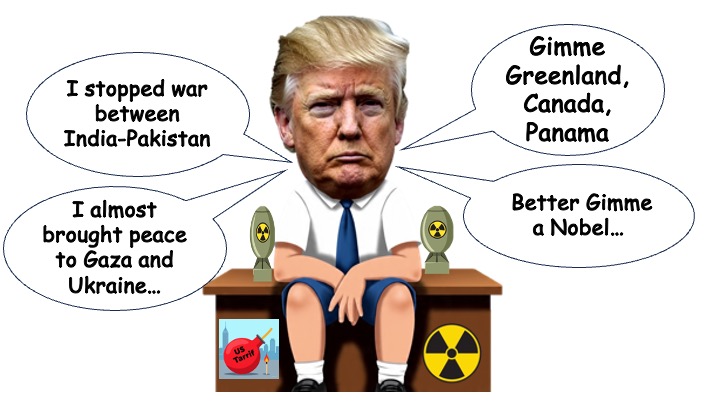It is true as true can be.
Now, this not that time of the day when I am usually engrossed in intellectual discussions with friends after downing a few Paul Johns, or Old Monks, or some wine — or a “Green ON! Go!” for that matter. That I saw God is not a figment of my imagination after a few drinks. It really happened.
Before I proceed, a word about God, godliness, and my stand on that subject.
I am neither an atheist nor a believer. But, sometimes I do flaunt Rudraksh beads; I feel they go well with my baldness and round-rimmed glasses. Occasionally, I also apply chandan (sandalwood paste) on my forehead; it is so soothing. The beads and the chandan ka tika—together, they give me a rather cool, saintly look. That is my belief. But my dear wife urges me to discard them. “This kind of symbolism is meaningless; be a good human being and people will see God in you,” she says admonishingly, so I give up the pretence.
With or without saintliness and godliness, life goes on.
Yet, sometimes in this God’s Own Country, I wonder if HE/SHE (THEY) really exist. What do THEY look like? Multiple heads and arms? Riding a tiger, a mouse, an elephant, or a swan? I got my answer when I visited Ranthambore recently.
It was a family holiday—nearly twenty of us. The night before, at Juna Mahal (the resort), we had great time — star-gazing, folk songs and music and local cuisine. We were all set to embark on a tiger safari the next afternoon. Since the morning was free, some of us decided to visit the Amareshwar Mahadev Temple nearby. Each one on board had an agenda to be met at the temple. I guess most were going there to seek “special” blessings. As for me, I was eager to discover the physics behind the perpetual trickle of water falling on the Shivling in that small temple carved inside a rock—a cave of sorts; Lord Shiva’s blessings would be a bonus.
It was mandatory to leave the cars at a gate about two kilometres from the temple. A jeep meant to ferry visitors, took us to the foot of the hill on which the temple was situated. Thereafter, it was about a kilometre and a half of gentle climb through rocky terrain. We were warned to remain in a group, as tigers had been spotted in the area in the past.
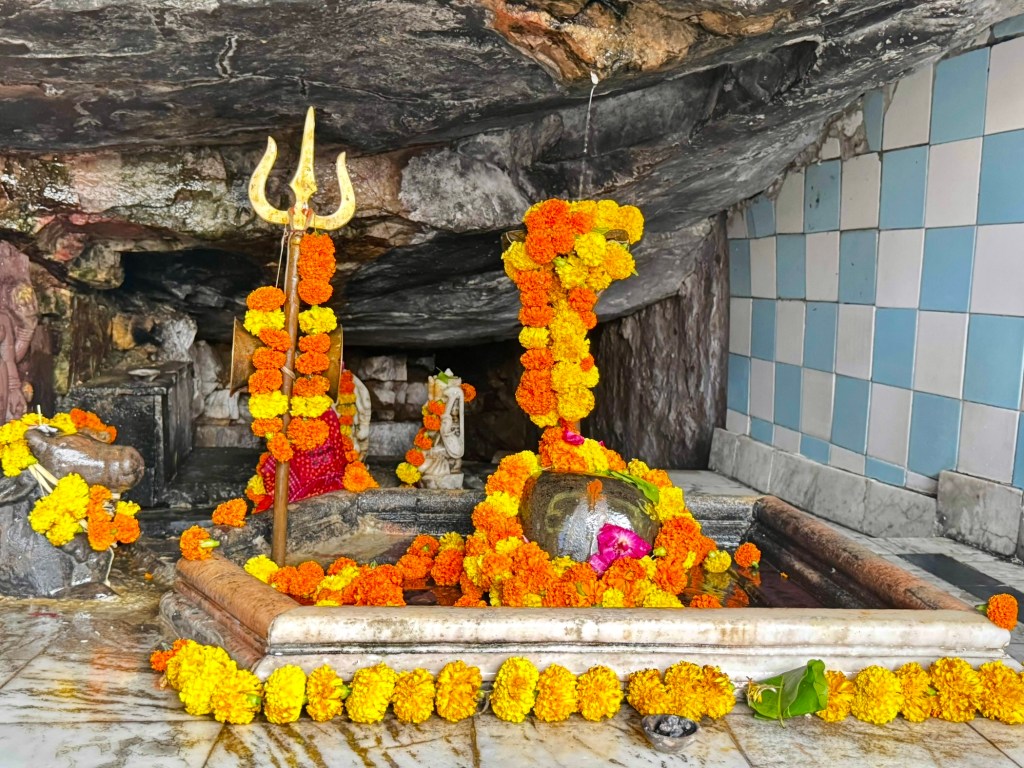
I belong to Ujjain, known for its temples—Mahakaleshwar, in particular. When I realised that, like the Mahakaleshwar Temple, the Amareshwar Mahadev Temple is dedicated to Lord Shiva, I began looking for similarities, which were aplenty—such as, the Shivling and a small water tank for people to take a dip. But there was a striking difference that caught my eye. The 1.5 km walkway to the temple was clean beyond imagination. This was in sharp contrast to the litter one sees around Mahakaleshwar and other temples. I attributed the exceptional cleanliness to the relatively (much) lower footfall at that site, and concluded the dialogue within.
The temple surroundings were clean too. And ah, the serenity! It was a cherished world far from the humdrum of where each one of us had come from—Noida, in my case. One had to prostrate oneself to get a close darshan of the Shivling. The constantly trickling thin stream of water from the rocks above the Shivling evoked reverence and amazement. It had been dripping for many years. We spent a blissful half hour at the temple before heading back. The return trek was uneventful yet fun.
While driving back in the rickety jeep, we crossed a man dressed in a saffron half-kurta and a white dhoti. With long hair, a beard, and a cloth bag dangling from his hand, he looked like a typical sadhu. I thought he was one of the caretakers on his way to the temple.
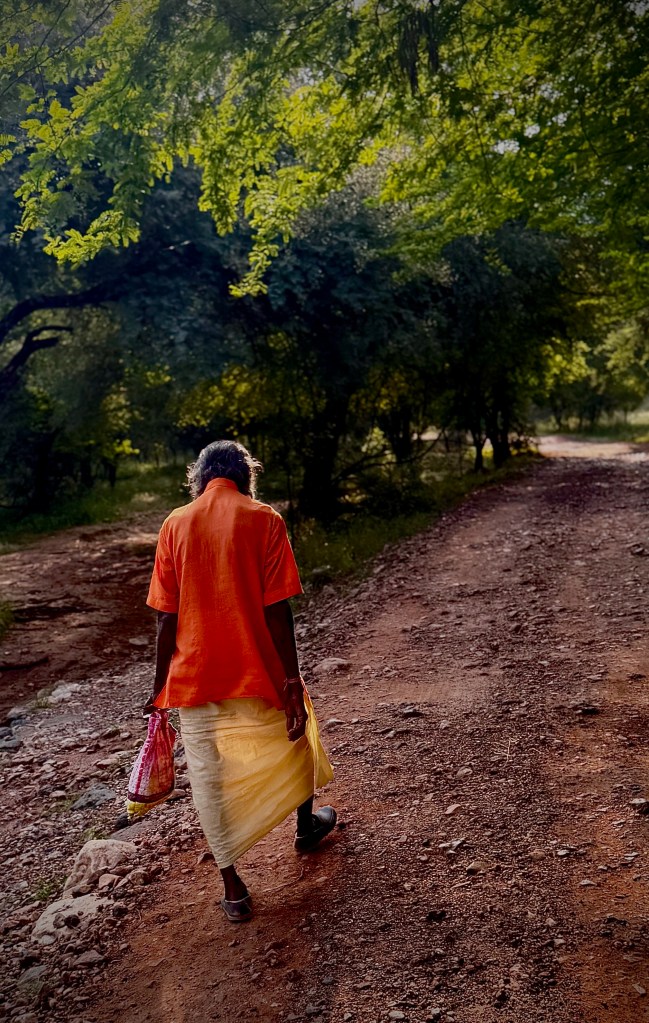
“This old man is walking alone to the temple. Isn’t he afraid of the tigers?” I asked the driver of our jeep out of sheer curiosity.
I listened in disbelief to what the driver told us about the man. “That man in saffron is Ganesh. He is the son of one Ramchandra Verma and lives in a nearby village. He has been walking to the temple and back every day for the last forty years. On his way up and down, he collects litter thrown around by devotees. We owe the cleanliness of this place to this one man. He does it selflessly, and with devotion; doesn’t charge a paisa. He lives on whatever he earns by tilling his small piece of land.”
When I turned back, I saw the man in the distance, a halo around him—the kind we see in pictures of gods and saints. I had no doubt; I had caught a glimpse of a living GOD.
Postscript
No regret that we didn’t spot a tiger that day.
Last week, when I got an opportunity to visit Ranthambore again, I grabbed it with both hands. While another tiger safari was the loudly proclaimed agenda, somewhere at the back of my mind was a strong desire to cross paths with the same god. Sadly, this time I missed both—the tiger and the god.
If, and when, I revisit Ranthambore, it will be with the primary motive of meeting Ganesh — all else, will be secondary.



